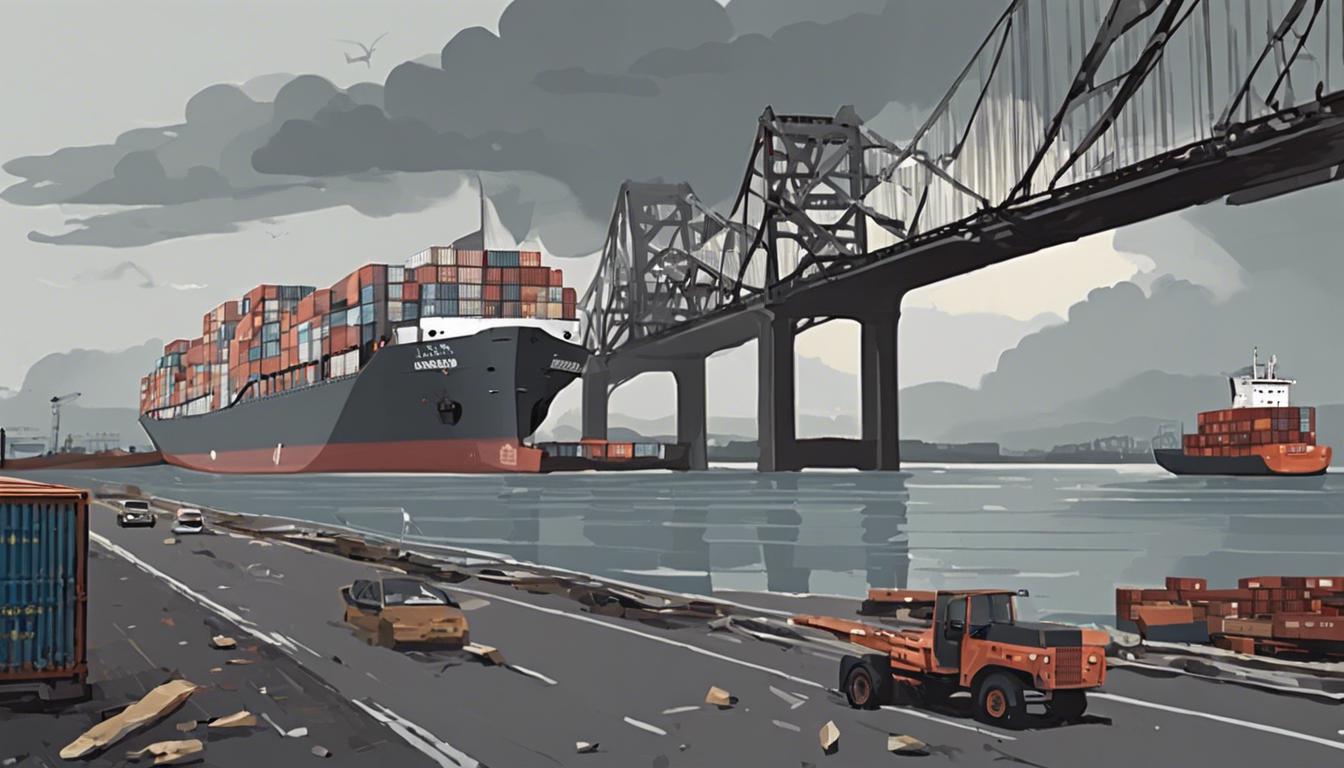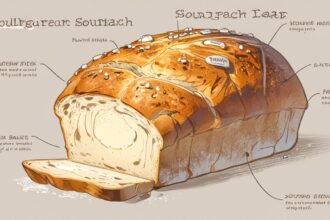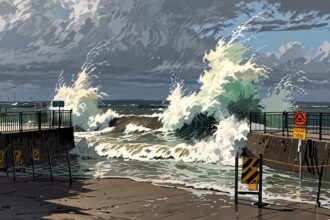The collapse of Baltimore’s Francis Scott Key Bridge due to a collision with the cargo vessel Dali has led to significant disruptions in the US automotive industry, financial strain on insurers, and the sad loss of six road maintenance crew members.
The collapse of Baltimore’s Francis Scott Key Bridge, triggered by the collision with the Dali cargo vessel, has caused significant disruptions in the automotive industry and financial strain on insurers. As the largest car import port in the US, the closure of Baltimore’s port has forced car makers to find alternative routes, leading to expected delays and operational challenges along the east coast. The incident, which occurred when the cargo ship struck one of the bridge’s main towers, has led to six road maintenance crew members missing and presumed dead.
The automotive sector is bracing for logistical challenges, with the need to reroute shipments to maintain supply chains, while insurers anticipate claims ranging between $1bn and $3bn. The response to the disaster has included a White House press briefing, led by press secretary Karine Jean-Pierre, with attendances by Transportation Secretary Pete Buttigieg and Vice Admiral Peter Gautier from the United States Coast Guard, discussing the aftermath and measures to enhance infrastructure safety.
The ongoing investigations aim to uncover the cause of the collision and the full extent of the economic and legal repercussions. The impact on the local economy and the broader implications for the automotive and insurance industries, as well as global supply chains, remain substantial as the community and stakeholders await further developments.













